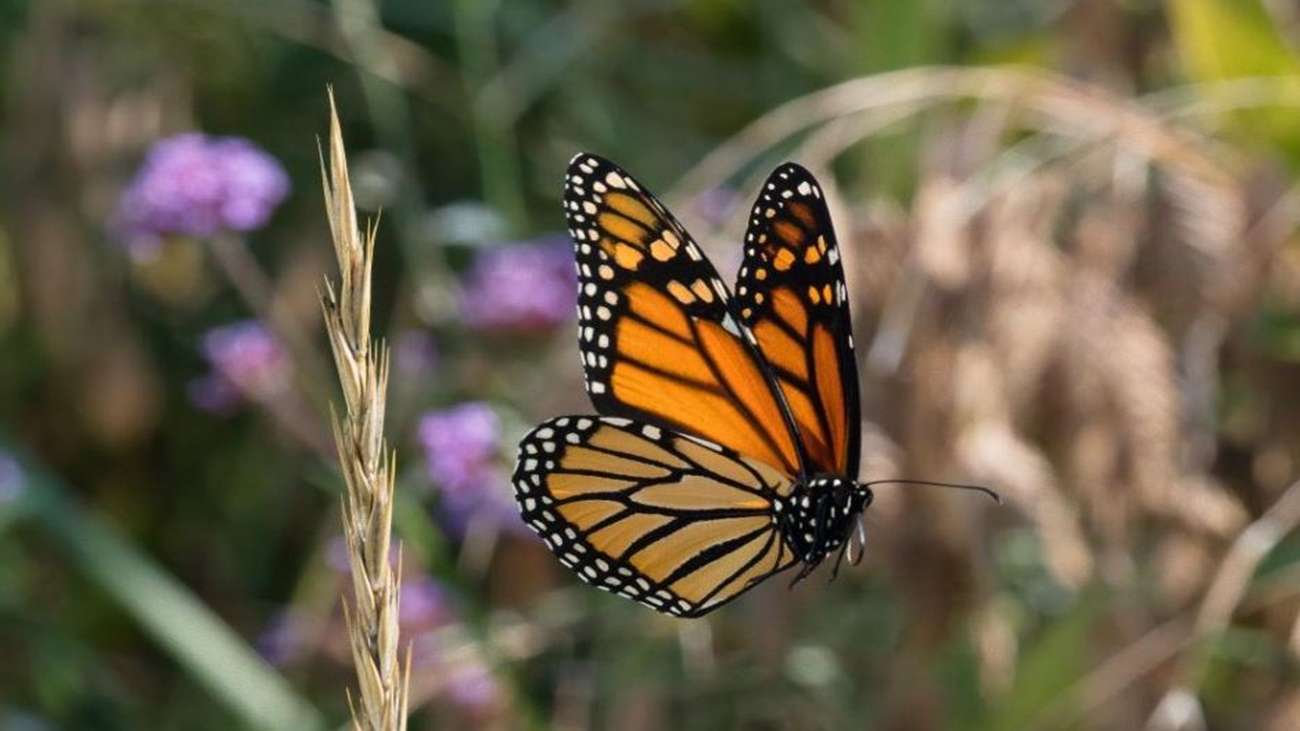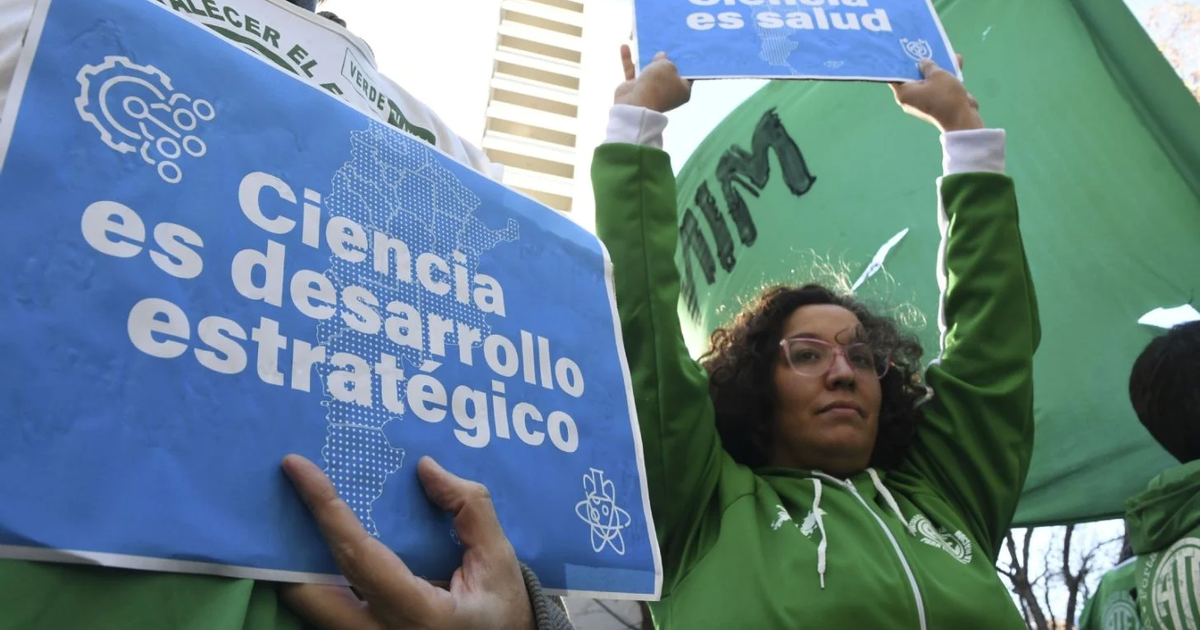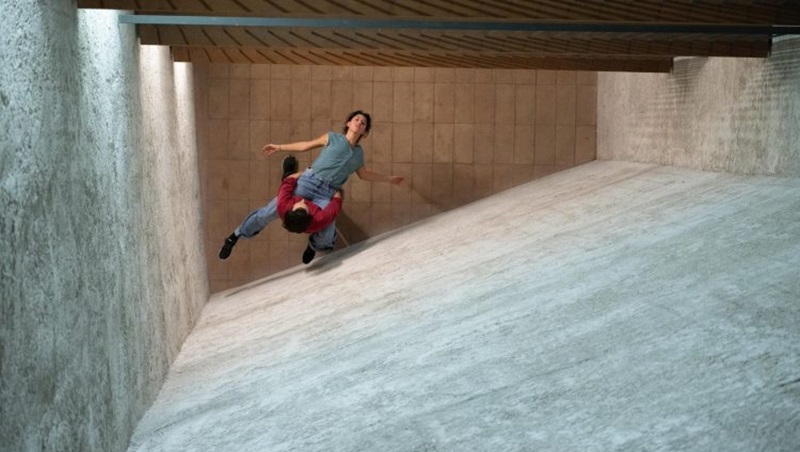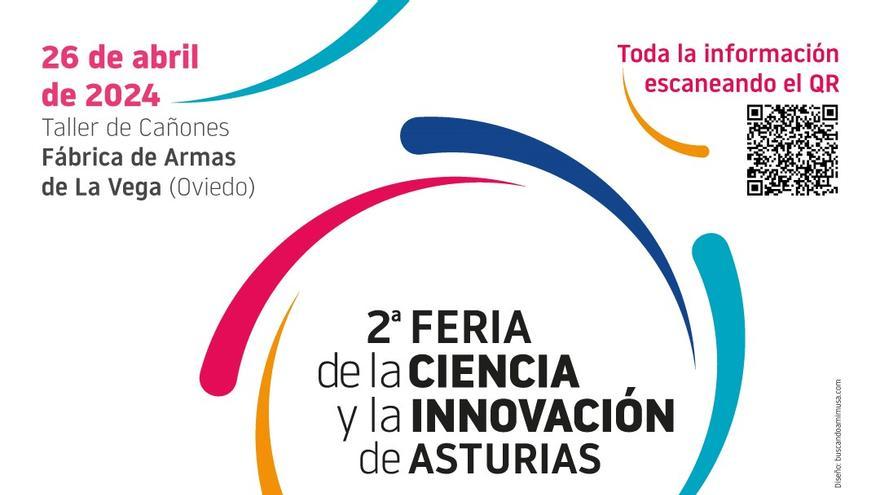It targets primary school teachers and secondary biology teachers.
Lesson objective:
This course has been created exclusively for the International Collaborative Project on Butterflies and Environmental Variables, established by Dr. Claudia Caro (Peru), Professor Marta Kingsland (Argentina), and Principal Dario Greni and Lake Andrea Ventoso (Uruguay) with the aim of identifying the species of butterflies found in Argentina, Peru and Uruguay, and identification of species common in these countries, as well as classification of environmental variables that significantly affect their distribution and abundance over time. We believe in the fundamental importance of contributing to the welfare of pollinators in our environment, the framework in which this project is emerging and we want to extend it to you today in this cycle.
Our goal is to provide them with the tools so that they can make the environmental observations and measurements that will accompany the butterfly observation in your learning centers (or around their accommodations).
At the end of the course, you will be able to work with the GLOBE program protocols for the atmospheric region and some basic protocols for the biosphere, as well as some guidelines for monitoring and recording butterflies. Likewise, technological tools and resources that facilitate in-class measurements with students are provided through curricular and pedagogical strategies that enhance curricular or extracurricular activities. They will also learn how to use tools, collect data, upload data to the GLOBE website and use it in environmental science investigations, and link different protocols from the same research area or from different regions.
Scope and importance of the course
This scientific working methodology is based on standardized processes or protocols that make the data we collect comparable to any other country in the world that uses the GLOBE methodology, allowing it to be used in a rigorous and safe scientific manner at the local level. regional and international.
This course presents methodological tools for learning based on research projects, managing hypothesis formulation, project work, using tools, developing scientific research methodologies, generating valid information for monitoring the environment oriented to its preservation and developing environmental awareness.
Once you pass the course, you will be able to access a password to access the GLOBE Program website, where you can share your data, view information from other educational institutions and conduct research based on it. Likewise, you will be able to access various educational resources, contact your colleagues and scholars from all over the world to make inquiries, answer questions, share information and conduct research based on them.
The class has a forum with instructors trained in both areas of research to ask all questions about the use of protocols and tools. You will also be able to use this space to discuss strategies to help formulate your research questions and develop your class project, among other things.
Objectives:
- Initiate citizen environmental monitoring with measurements of environmental variables such as temperature, humidity, cloud cover, etc.
- Training the skills of recording butterflies in a specific study site.
- Describe the environment conducive to the sighting of butterflies, taking into account spatio-temporal parameters.
- Learn to use tools/applications to make environmental measurements and apply them in the field.
- Recognize the importance of some species, their role and their environment in order to preserve the environment.
- Create spaces in the course so they can connect with other teachers and conduct collaborative studies/research.
requirements
- To take this course, you must have a computer with Mozilla Firefox or Chrome browser, updated to the latest version. ·
- A virtual classroom management is required.
Contents
This course contains the following modules:
- Module 1: Introduction to GLOBE
- Unit 2: Atmosphere
- Unit 3: The Biosphere
- Unit 4: Butterflies
- Module 5: Additional Materials Those who have already taken an introduction to the GLOBE module in a previous course (hydrosphere, biosphere, etc.) can skip Module 1 and start directly in Module 2.
Date
From 11 July to 22 August 2022
Recordings
https://surl.li/cfmbf Until July 5, 2022
Contact
Tel. 2900 61 36 ext. 4654
educational platform
Related links
Downloads





:format(webp)/cloudfront-us-east-1.images.arcpublishing.com/grupoclarin/XM6EP3SM5REKNBOIXJSOCDCOOA.jpg)